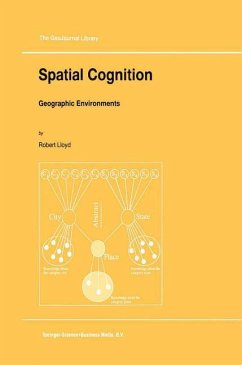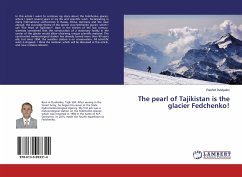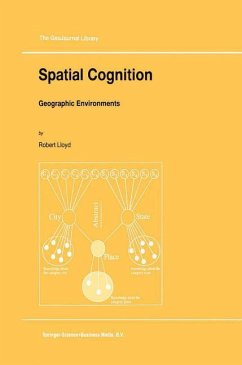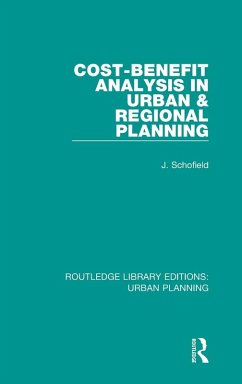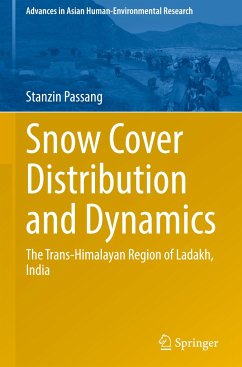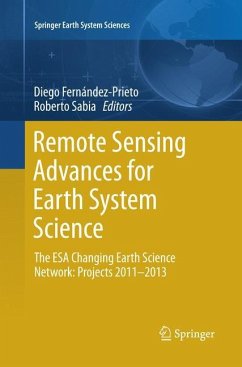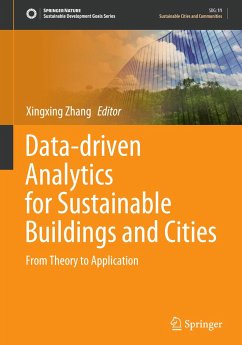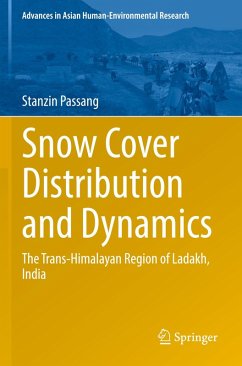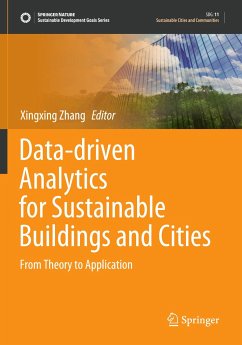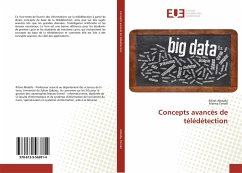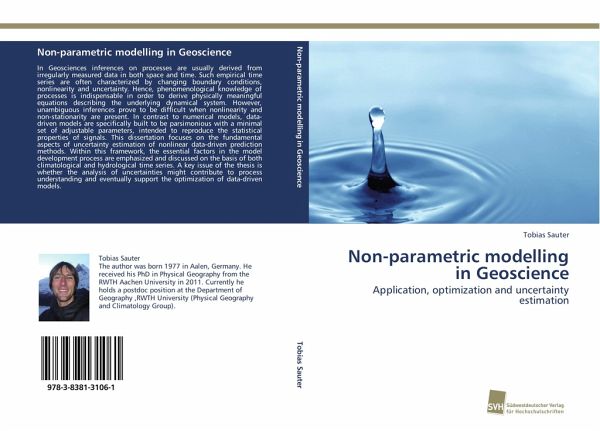
Non-parametric modelling in Geoscience
Application, optimization and uncertainty estimation
Versandkostenfrei!
Versandfertig in 6-10 Tagen
46,99 €
inkl. MwSt.

PAYBACK Punkte
23 °P sammeln!
In Geosciences inferences on processes are usually derived from irregularly measured data in both space and time. Such empirical time series are often characterized by changing boundary conditions, nonlinearity and uncertainty. Hence, phenomenological knowledge of processes is indispensable in order to derive physically meaningful equations describing the underlying dynamical system. However, unambiguous inferences prove to be difficult when nonlinearity and non-stationarity are present. In contrast to numerical models, data-driven models are specifically built to be parsimonious with a minima...
In Geosciences inferences on processes are usually derived from irregularly measured data in both space and time. Such empirical time series are often characterized by changing boundary conditions, nonlinearity and uncertainty. Hence, phenomenological knowledge of processes is indispensable in order to derive physically meaningful equations describing the underlying dynamical system. However, unambiguous inferences prove to be difficult when nonlinearity and non-stationarity are present. In contrast to numerical models, data-driven models are specifically built to be parsimonious with a minimal set of adjustable parameters, intended to reproduce the statistical properties of signals. This dissertation focuses on the fundamental aspects of uncertainty estimation of nonlinear data-driven prediction methods. Within this framework, the essential factors in the model development process are emphasized and discussed on the basis of both climatological and hydrological time series. A key issue of the thesis is whether the analysis of uncertainties might contribute to process understanding and eventually support the optimization of data-driven models.



